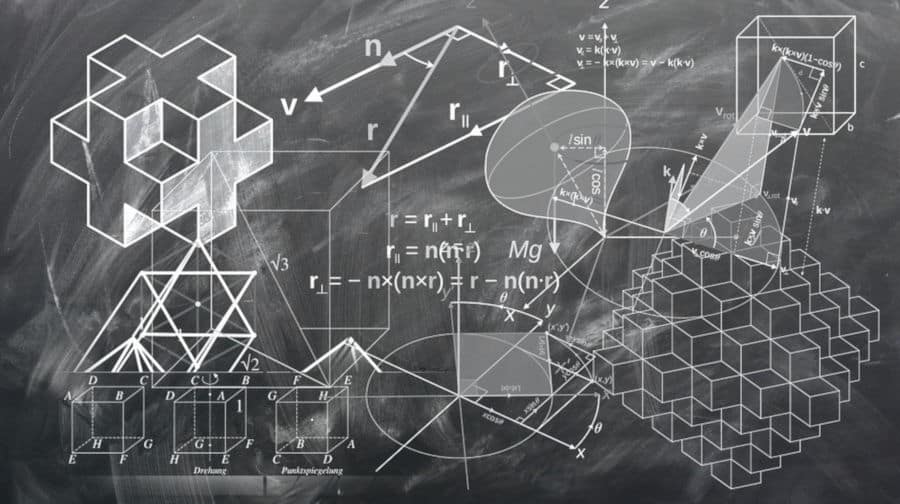Experienced, effective teachers from Oxford
Days include individually structured assessment and feedback
Special focus on exam questions and exam technique
Why Oxford Tutors Courses?
-
high degree of individual attention
-
expert tuition from professional teachers
-
gain a deeper understanding of key topics
-
improve exam technique and time-keeping skills
-
insights into the exam process from our tutors who are also experienced examiners
-
ultimately, the skills, understanding and confidence to achieve your goals!

University Admissions
Other Courses
What our students say
I was transformed from an average student to a prize-winner in less than a year. My tutor was comfortable explaining both basic and complex concepts – in both areas his enthusiasm for the subject is plain to see, through his genuinely passionate teaching style.
— Student (A-level)
I thought you would like to know that Xxx has had some good results. He got all A’s in Maths, Chemistry and Music. Many thanks for this and please pass our thanks on to his tutors.
—Parent of an A-level student
Wow! There is no single word that would put into context how great my tutors have been. The care they put in and the extent to which they will strive to make sure you understand every question is second to none. I ended up receiving an A in every subject, which would definitely not have been possible without them. With Oxford Tutors you get much more than just a tutor. You can really connect, due to their great ability to understand how to build self-confidence and to comprehend where people are struggling. In my opinion they have exceeded every expectation I had.
—Student (A-level)
Thank you very much. Your professional teaching skills really helped my son, and he gained the confidence to win an A grade in the examination. Thanks again.
—Parent of a Further Maths A-level student
Our son was matched with an exceptional tutor who very quickly understood what was required, and was able to get the absolute best out of him. Lessons were not only challenging but also fun making the whole experience an extremely positive one. I would highly recommend Oxford Tutors.
—Parent of a GCSE student
Just to say Xxx got his A* in Maths – great news and he is delighted! Thanks so much for all your skill and hard work and encouragement.
—Parent of a gap year A-level retake student
We are absolutely thrilled to let you know that Xxx got an A in Maths!! She is very pleasantly surprised. Thank you so much for the work you did with her and for giving her the confidence to give it a go and transform where she was after Mocks to an A. She got her place to study at university and we are delighted for her.
—Parent of an A-level student
A month before my exam, I was getting C’s and making careless errors. Then Oxford Tutors stepped in. My tutor helped me to organise my time, got me focused, managed to stop me from making stupid mistakes, and on the day kept me calm. Come results day, I ended up with top marks and I only have my tutor’s clear and concise explanations to thank for it. Thank you very much for everything!
—Student (A-level)
Oxford Tutors provide intuitive teachers. They understand the need to motivate and build self-confidence so that my daughter looked forward to her lessons and worked hard to complete the papers she had been set, even during half term! We are so grateful for their support and encouragement and would highly recommend them to others.
—Parent of a GCSE student
Our son is so much more confident and seems to really enjoy Maths now. His last scores were 97% and 87% which he was thrilled about, a far cry from his usual 67%. So, thank you so much for really supporting him in regaining his confidence and love of the subject; he is determined to do it for A level.
—Parent of a GCSE student
My tutor’s personal and thorough teaching style has been without a doubt a deciding factor towards my being accepted to study at Imperial. He is an excellent teacher and a life mentor who will undoubtedly guide any student towards reaching his/her full potential, inspiring confidence and ultimately excellence.
—Student (International Baccalaureate, Maths Higher Level)
I am a former pupil of Oxford Tutors and I have nothing but praise for them. My tutor turned my GCSE into an A* and gave me the confidence to carry on Mathematics into A-level. They provide clear and effective tutoring for all levels. You can’t find better and hence I’ve decided to write this review. Fantastic!
—Student (GCSE and A-level)
I wouldn’t have been able to do it without Oxford Tutors. Others have tried to explain things but it just didn’t click; my tutor said it in a way I could understand.
—Student (GCSE)
For every topic or question I struggled to understand during my A-levels, I went to my tutors. It didn’t matter how long it took, they would make sure that I always walked away completely satisfied with the topic. Regardless of how you learn or what makes you understand, my tutors were able to cater for this. If I didn’t understand at first, my tutors would explain it from a completely different angle and if that didn’t work, yet another approach would be taken. Because of this help I ended up with an A in every single A-level I took. I would highly recommend Oxford Tutors.
—Student (A-level)
Xxx got an A* in A level Maths. Once again thank you for the timely help and guidance. I need to speak to you about Biology and Chemistry tuition.
—Parent of an A level Further Maths Year 12 student

